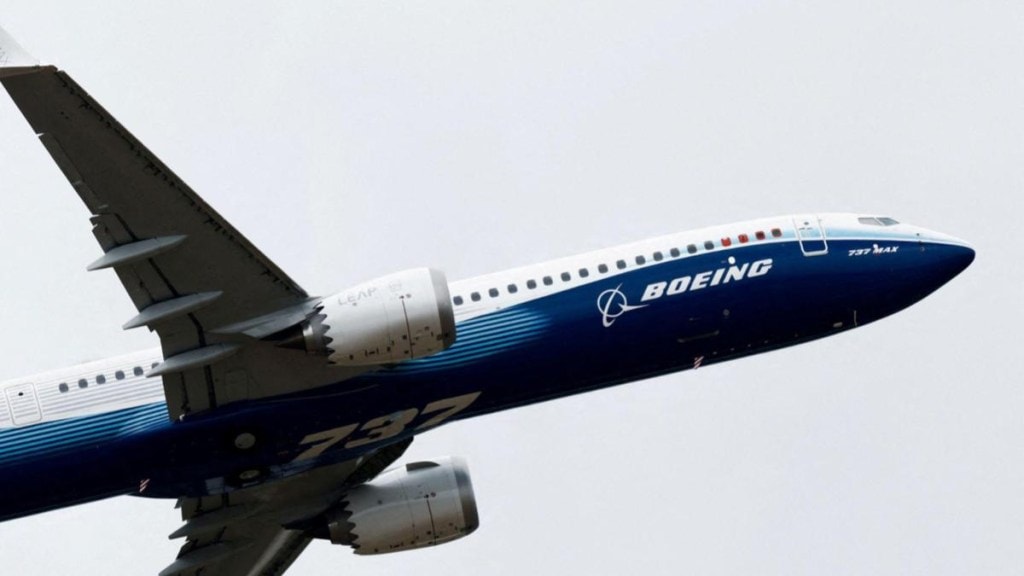The aviation sector is once again confronting tough questions about Boeing’s safety protocols and operational reliability after a DHL-operated Boeing 737-476(SF) crashed into a residential area near Vilnius Airport in Lithuania. This latest incident, which resulted in one fatality and significant damage to property, comes amid a series of mishaps that have plagued the aerospace giant in recent years.
Recurring crashes: A disturbing pattern
The crash in Vilnius is yet another addition to Boeing’s growing list of safety controversies. While initial investigations into the incident are ongoing, the frequency of accidents involving Boeing aircraft continues to undermine confidence in the company’s engineering and oversight practices. The aviation industry still vividly recalls the tragic crashes of the 737 MAX, which killed 346 people and prompted a worldwide grounding of the fleet. Although Boeing has since claimed to have addressed those issues, critics argue that systemic problems persist.
Aging fleets and safety risks
The Boeing 737-476(SF) involved in the Vilnius crash was a converted freighter model, first delivered as a passenger aircraft decades ago. The aging fleet of Boeing aircraft being operated by cargo and low-cost airlines is increasingly being viewed as a safety hazard. Industry analysts note that the costs of maintaining older planes can lead operators to cut corners, while Boeing’s support for such conversions raises ethical concerns.
Regulatory scrutiny and legal troubles
In recent years, Boeing’s reputation has been tarnished by allegations of regulatory lapses and cost-cutting measures. Investigations into previous crashes revealed lapses in quality control and a culture that prioritized profit over passenger safety. While the company has faced financial penalties and lawsuits, calls for stricter regulatory oversight remain strong.
Corporate responsibility and global impact
For Boeing, the stakes extend beyond financial losses. The company’s tarnished safety record risks damaging its standing in key markets, including India. As one of the fastest-growing aviation markets, India has a vested interest in ensuring that aircraft from manufacturers like Boeing meet the highest safety standards. This latest crash could lead to renewed scrutiny of Boeing’s presence in developing markets where cost considerations often take precedence over safety.
Industry implications
The crash has also raised alarms in the broader aviation industry, with stakeholders urging a reassessment of aircraft safety protocols. Airbus, Boeing’s primary competitor, has capitalised on these controversies by promoting its safety-first approach. This rivalry could reshape the dynamics of the aviation industry, with airlines potentially reconsidering their fleet procurement strategies.
A call for accountability
Boeing’s repeated safety failures cannot be ignored. The Vilnius crash highlights the urgent need for the company to prioritize passenger and operational safety over financial gain. As global aviation regulators and customers watch closely, Boeing must rebuild trust through transparency, innovation, and a commitment to excellence. Failure to do so could not only erode its market dominance but also jeopardize lives.
